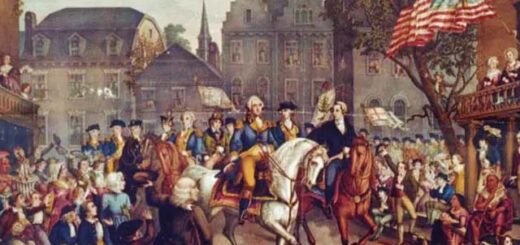Unveiling the Past: A Guide to Searching for Early Immigrants

Q. Reading immigration records often leaves me disheartened because my ancestors came over prior to 1790. After searching all available books at my library and consulting all family trees with last names matching, none contain first names that match with what my family believes was the first name of my ancestor’s first name – is there anywhere else I should look? A.
A. Since the government didn’t start mandating ship passenger lists until 1820, few immigration records exist prior to then. Here are some sources to look at for possible clues:
From 1729-1808, Philadelphia passengers listed online are also available on microfilm at the Pennsylvania state archives.
Boston Ship Cargo Logs from 1715-1716 and 1762-1769 published in Port Arrivals and Immigrants to the City of Boston by William H. Whitmore of Genealogical Publishing Co are also available on Ancestry.com as a digitized version.
Though not passenger lists, court cases of your ancestors could provide valuable immigration details. Colonial court records often reside in state archives; you might also find some microfilm from the Family History Library (FHL). Use the online catalog search your ancestor’s county or town before visiting your nearest branch Family History Center to rent FHL microfilm.
Under British Colonial law, non-English immigrants had to apply for citizenship upon arriving, often signing an Oath of Allegiance on arrival. You can search these archives as well as FHL microfilm.
Philadelphia and Boston newspapers may report on ships arriving, while GenealogyBank offers many Colonial-era papers from these towns; historical societies may also hold copies on microfilm. You can use the Library of Congress’ Chronicling America site to help identify newspaper titles to look out for.
The Great Migration project hosted by NewEnglandAncestors.org publishes a website, book series and newsletter providing information about early immigrants. A 1620-1640 surname index can be viewed free-of-charge; subscription is necessary for more detailed analysis.
Remember that not all names recorded as we expect. Your immigrant relative could have been listed by his middle name or nickname rather than their actual first name; or what you know him by could actually be his middle name!
Continue to research your ancestor in whatever records can be found, even those unrelated to his immigration. If one resource helps identify his place of origin, you can begin researching his life there before perhaps discovering when he left it behind.



